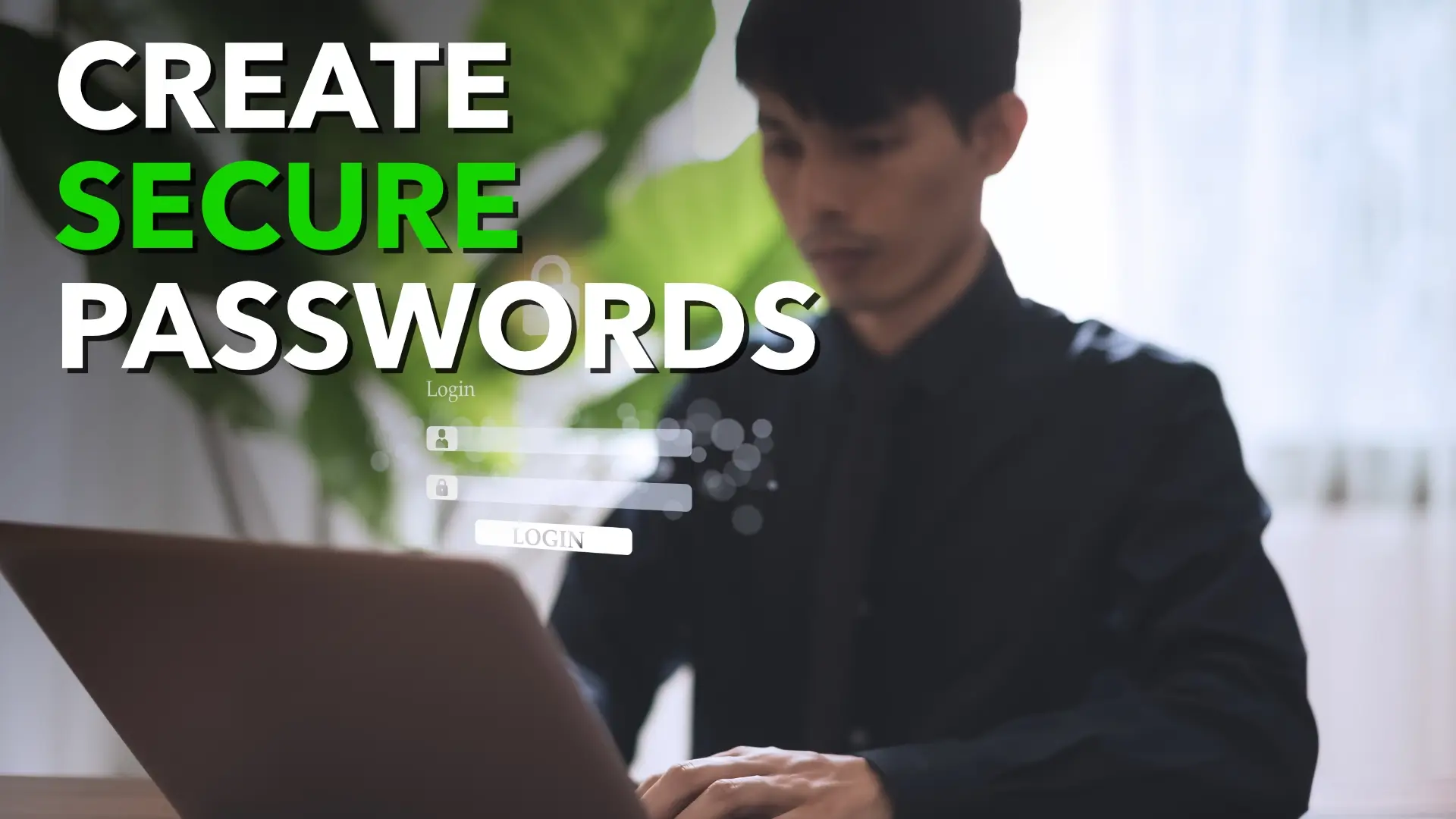Data breaches, hacked accounts, and stolen information are no longer problems exclusive to big corporations. Smaller businesses are just as much in the crosshairs, if not more so, because attackers assume smaller companies have weaker defenses.
Cyberattacks are increasing fast, and many of them succeed because of one basic issue:
weak passwords.
You have probably heard the advice to “use a secure password.” But what does that actually mean? Let’s break it down and cover the easiest first steps to keep your business safe.
What Makes a Password Truly Secure?
A secure password is not just your company name with a few numbers thrown in. And no, “Business2025!” is not as clever as it sounds.
Hackers use automated tools that can guess predictable passwords in seconds. If it is easy for you to remember, it is probably easy for them to crack.
Here is how to create a password that actually protects you:
- Go long. Use at least 12 characters.
- Mix it up. Combine uppercase letters, lowercase letters, numbers, and symbols.
- Avoid the obvious. Stay away from names, birthdays, or anything tied to your business.
- Make it unique. Every account should have its own password.
Think of your password like the lock on your office door. You would not use the same key for every door in your building, and you definitely would not leave a key under the mat. Treat your digital security the same way.
Why Password Managers Are a Game Changer
Let’s be honest. Keeping track of dozens of complicated passwords sounds like a headache. That is exactly why so many people fall back on weak passwords or reuse the same one everywhere.
This is where password managers save the day. They store all your passwords securely and can even generate strong ones for you. You only need to remember one master password to access them all.
Here is why every business owner should consider using a password manager:
- Better security. No more relying on easy-to-guess or repeated passwords.
- Saves time. Autofill features make logging in fast and painless.
- Safe sharing. Share access with employees securely, without emailing passwords or writing them down.
Think of it as having a secure digital vault. It keeps everything organized, protected, and easy to access when you need it.
Multi-Factor Authentication: The Extra Step That Stops Hackers
Even the strongest password can be compromised. That is why Multi-Factor Authentication (MFA) is a must-have for any business.
MFA adds a second layer of security by requiring another form of verification – like a code sent to your phone – before granting access. It is a simple step that makes a huge difference.
Here is how MFA protects your business:
- Blocks most attacks. It prevents over 99 percent of automated hacking attempts.
- Keeps sensitive data safe. Even if a password gets leaked, hackers cannot access your accounts without the second factor.
- Helps with compliance. Many industries recommend or require MFA to meet security standards.
Think of MFA as adding a security alarm to your office. Even if someone picks the lock, they still have to deal with the alarm before getting in.
Why You Cannot Ignore This: The Proof Is in the Numbers
Businesses that use strong passwords, password managers, and MFA are 99.9 percent less likely to experience account breaches. That is a huge payoff for a few simple changes.
Cybercriminals are not looking for a challenge. They target businesses that leave the digital door unlocked.
Now is the time to review how your company handles passwords and access. Are you making security easy for yourself, or for hackers?
